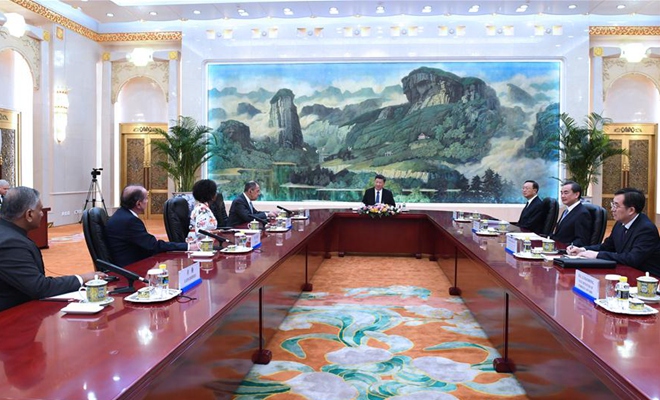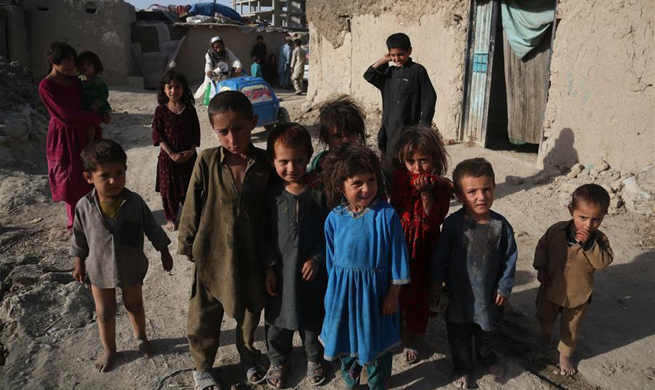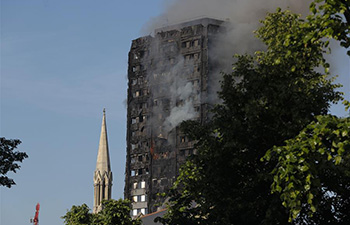by Matthew Rusling
WASHINGTON, June 20 (Xinhua) -- With U.S.-Russia tensions on the rise especially over disagreements involving the war in Syria, U.S. experts said that though not as hostile as they were in the Cold War, ties are certainly at their frostiest in several years and may get worse before they get better.
This was underscored by reports on Tuesday that an armed Russian fighter jet buzzed within five feet of a U.S. Air Force reconnaissance plane in the Baltic Sea, which happened after U.S. planes shot down a Syrian air force jet on Sunday.
U.S.-Russia tensions are high in Syria after the Kremlin warned it would target any U.S.-led coalition's aircraft flying west of the Euphrates River.
"U.S.-Russia relations are frosty," Brookings Institution Senior Fellow Darrell West told Xinhua.
"Trump has not delivered on his promise for better relations with Moscow and the Congress is moving towards expanding sanctions against Russia," West said.
"There are disagreements on the Syrian war and each country harbors grave suspicions about the other. It is hard in this type of situation for there to be any cooperation on foreign policy issues," West said.
"The two countries don't see eye-to-eye on many issues," West said, noting that Trump spent considerable time on the campaign trail promising closer relations with Russia.
"This relationship could get worse before it gets better. The Syrian situation could escalate quickly into a hot war if Russia shoots down a U.S. military plane. That would be considered as an egregious action by members of Congress and there would be demands for President Trump to retaliate against Russia. There very well could be a proxy war in the Middle East against Russia," West said.
Nile Gardiner, director of the Margaret Thatcher Center for Freedom at The Heritage Foundation, told Xinhua that he does not believe Russia would want to risk a war in Syria with the United States.
Russia is no longer a global power, and the country's power is limited to Europe, said Gardiner. The nation does not have much ability to project its power globally, he added.
In sharp contrast, the United States is a global super power, he said. Moreover, while the leadership of the previous U.S. administration was lacking in the Middle East, the current one's leadership is much more engaged in the region, Gardiner added.
"I believe that the United States and Russia will seek to de-escalate the situation, as neither nation considers Syria as a core interest despite the many alliances and coalitions for both countries," said Dan Mahaffee, senior vice president and director of policy at the Center for the Study of Congress and the Presidency.
"That said, both countries will need to manage the potential for miscalculation in highly conflicted airspace and chaotic battlefields, as well as the increasing tensions between the United States and Iran in this conflict," he said.

















